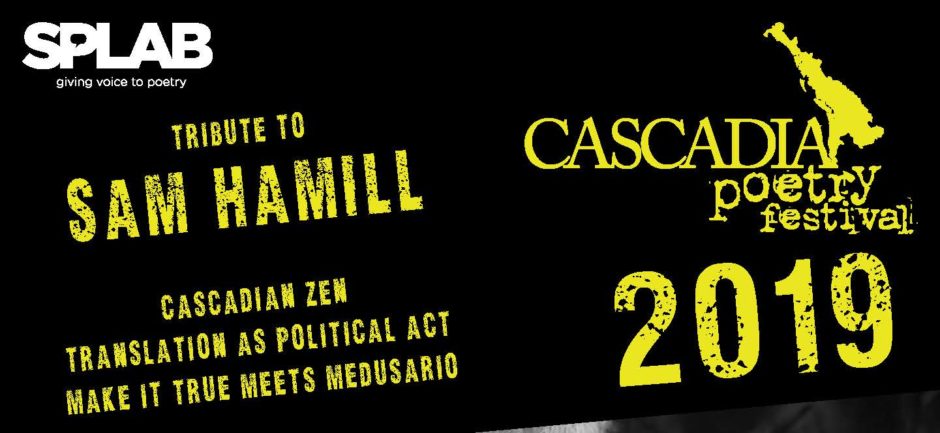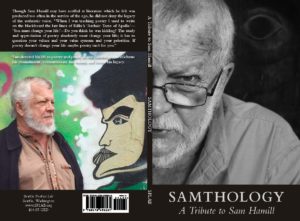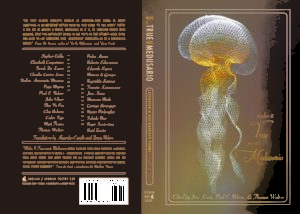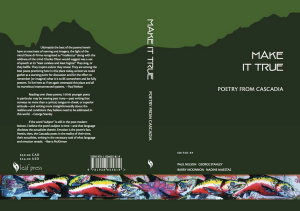Tony Barnstone is The Albert Upton Professor of English Language and Literature at Whittier College and has a Masters in English and Creative Writing and Ph.D. in English Literature from the University of California at Berkeley.
About Tongue of War: From Pearl Harbor to Nagasaki:
For 15 years, Tony Barnstone has been researching WWII in the Pacific, from the Rape of Nanjing to the atom bomb drops on Hiroshima and Nagasaki. The result is Tongue of War, a book of dramatic monologues written from the point of view of participants in and survivors of that war, which won the John Ciardi Prize in Poetry in 2008, has been awarded fellowships from the National Endowment from the Arts and the California Arts Council, and was published on November 11th, 2009 by BKMK Press.
Blurbs for the book:
Robert Olen Butler:
Brilliant in conception, comprehensive in its humanity, exquisitely voiced by a stunning range of characters, Tongue of War is not only a deeply moving work, it is an enduringly important one. Tony Barnstone has revealed humankind’s capacity both for evil and for redemption with a power that few writers have ever achieved.
Dorianne Laux:
“The kaleidoscope of voices in Tony Barnstone’s Tongues of War: From Pearl Harbor to Nagasaki rise from the grit, blood and smoke of WWII to tell their complex tales of fear and brutality. Through charged, yet plain-speaking persona poems, the terrible, gasping truths are brought to light, ultimately waging peace through skillfully imagined testimonials that recover the forgotten, and our lost humanity, one line at a time.”
Willis Barnstone was born in Lewiston, Maine, and educated at Bowdoin, Columbia, and Yale. He taught in Greece at the end of the civil war (1949-51), in Buenos Aires during the Dirty War, and during the Cultural Revolution went to China, where he was later a Fulbright Professor of American Literature at Beijing Foreign Studies University (1984-1985). His publications include Modern European Poetry (Bantam, 1967), The Other Bible (HarperCollins, 1984), The Secret Reader: 501 Sonnets (New England, 1996), a memoir biography With Borges on an Ordinary Evening in Buenos Aires (Illinois, 1993), and To Touch the Sky (New Directions, 1999). His literary translation of the New Testament, The New Covenant: The Four Gospels and Apocalypse was published by Riverhead Books in 2002. Most recently, he has published two more collections of translations: The Complete Poems of Sappho and The Restored New Testament: A New Translation with Commentary, Including the Gnostic Gospels Thomas, Mary, and Judas. A Guggenheim Fellow and Pulitzer Prize finalist in poetry, Barnstone is Distinguished Professor at Indiana University.




